History
Children without the knowledge of their past history and culture is like a tree without roots.
Our history curriculum intent
At Gisburn Road Primary School, we aim to inspire pupils’ curiosity to know more about the past. We understand that History helps pupils to understand the complexity of people’s lives, the process of change, the diversity of societies and relationships between different groups, as well as their own identity and the challenges of their time.
Our high-quality history curriculum helps students gain coherent knowledge and understanding of Britain’s past and that of the wider world. We equip pupils to ask perceptive questions, think critically, weigh evidence, sift arguments, and develop perspective and judgement. We aim to inspire children to become an investigator of History and acquire knowledge by investigation.
Our History curriculum aims to develop student’s passion and curiosity, thriving on controversy, mystery and problems of evidence. We encourage them to be intrigued by the similarities and differences between different people’s experiences, times and places and other features of the past. We teach this through our themed Substantive First Order Concepts throughout the school: Settlements, Justice and Enquiry, Discoveries, Leadership and Migration. We focus on developing knowledge from Reception class throughout school, showing progress in history, instead of memorising disconnected facts. We repeat encounters with authentic examples, relating to pupil’s own experiences, making learning meaningful and secure.
Our Aims
Here at Gisburn Road School our aim is:
• To develop children’s historical knowledge and to inspire an interest in the past.
• To help children develop enquiry skills by asking questions about the past and using a range of sources and looking at how the past is represented in different ways.
• To find out about people and events in the past and identify reasons for what happened.
• To bring History to life through creative experiences
Remembrance project
Year 2 children imagined that they were soldiers in the First World War. They wrote letters home describing the conditions.
